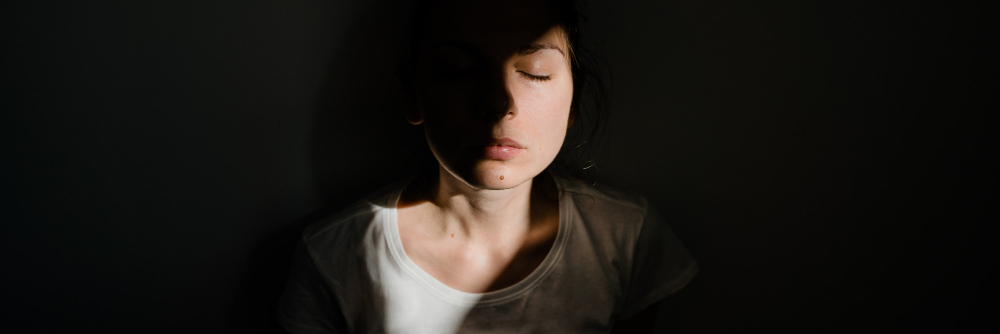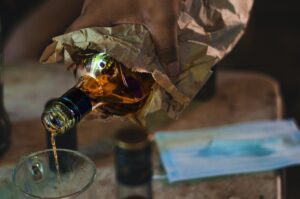Brain Sciences – May 19, 2021
The obsessive–compulsive spectrum refers to disorders drawn from several diagnostic categories that share core features related to obsessive–compulsive disorder (OCD), such as obsessive thoughts, compulsive behaviors and anxiety. Disorders that include these features can be grouped according to the focus of the symptoms, e.g., bodily preoccupation (i.e., eating disorders, ED) or impulse control (i.e., substance use disorders, SUD), and they exhibit intriguing similarities in phenomenology, etiology, pathophysiology, patient characteristics and clinical outcomes. The noncompetitive N-methyl-D-aspartate receptor (NMDAr) antagonist ketamine has been indicated to produce remarkable results in patients with treatment-resistant depression, post-traumatic stress disorder and OCD in dozens of small studies accrued over the past decade, and it appears to be…







